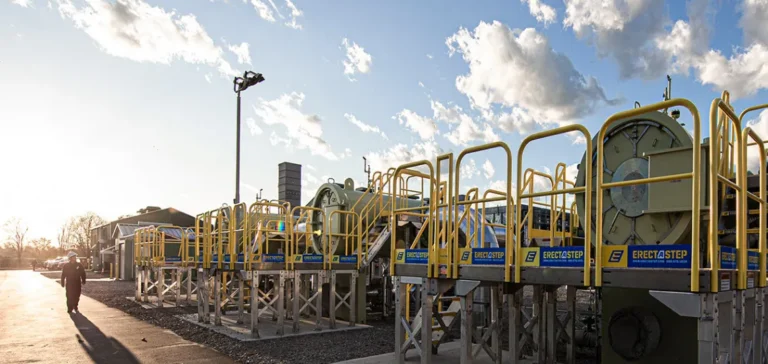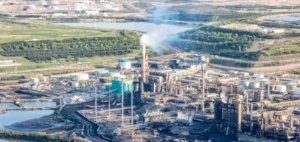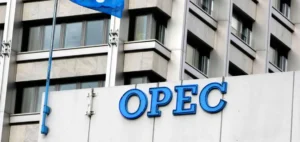Independent producers operating in the onshore upstream oil and natural gas segment accounted for the bulk of the US energy sector’s economic momentum in 2024. According to a study conducted by Rystad Energy on behalf of the American Exploration & Production Council (AXPC), these players supported more than 3.1 million jobs nationwide, generated $277bn in labour income and paid $129bn in taxes.
Central actors in onshore production
Independent producers, defined as companies not vertically integrated across the entire value chain, accounted for over 85% of US onshore crude oil and condensate production, and more than 90% of onshore natural gas production between 2022 and 2024. During this period, they operated 95% of active onshore wells and drilled 90% of new wells.
In 2024, the overall onshore upstream sector, including both independents and integrated groups, contributed $563bn to the US gross domestic product (GDP), representing around 2% of national output. This total includes a direct contribution of $488bn from independent producers alone, with each dollar generated producing $1.26 in indirect or induced economic returns.
Wider fiscal and social impact
The study indicates that independent producers paid $129bn in taxes in 2024, including $77bn from production activities, $25bn from well capital expenditures, $11bn to local governments, and $16bn in royalties. Their operations also generated $277bn in labour income, with $121bn coming directly from sector jobs, and the remainder from supply chain activity and consumer spending driven by those incomes.
The upstream sector supported a total of 3.6 million jobs, combining direct, indirect, and induced impacts, including nearly 1.1 million roles tied directly to independent producers. The rest stemmed from the economic ripple effects across suppliers and household consumption.
A strategic position in the national economy
In fiscal terms, the total upstream sector contributed $149bn in taxes, divided between $78bn for the federal government and $71bn for state and local administrations. Independent companies were responsible for the majority of these payments, confirming their leading role in the US energy economy.
These figures highlight the structural impact of independent producers on the US economy, beyond their role in energy supply. The scale of their investments and regional presence strengthens their position at the heart of national value chains.






















